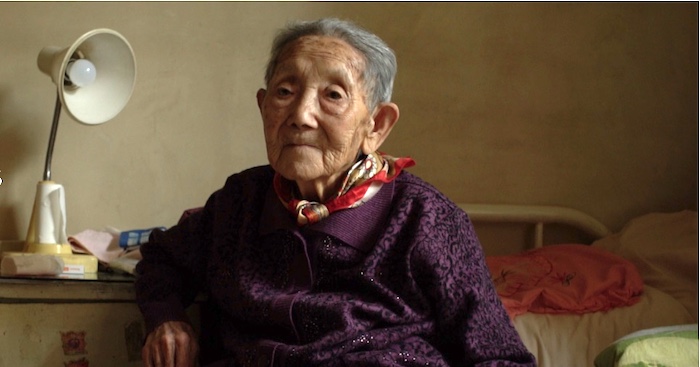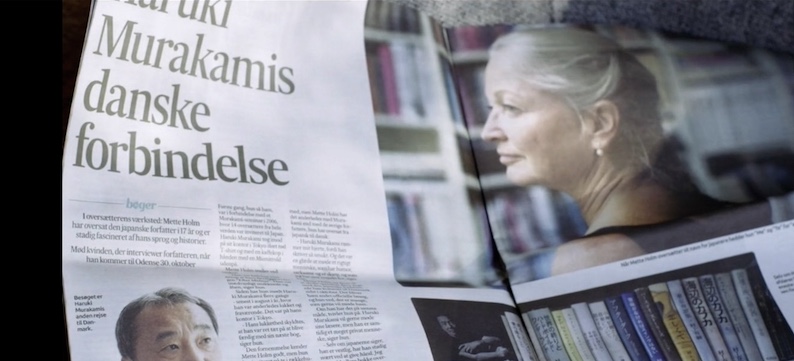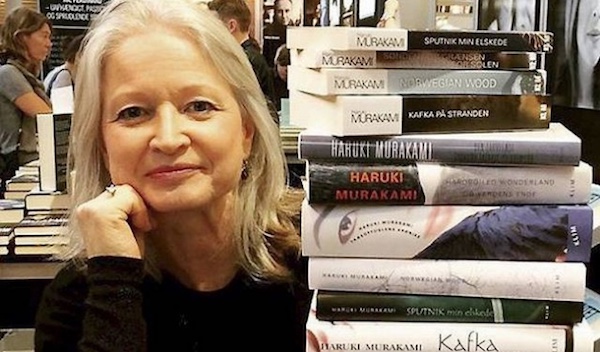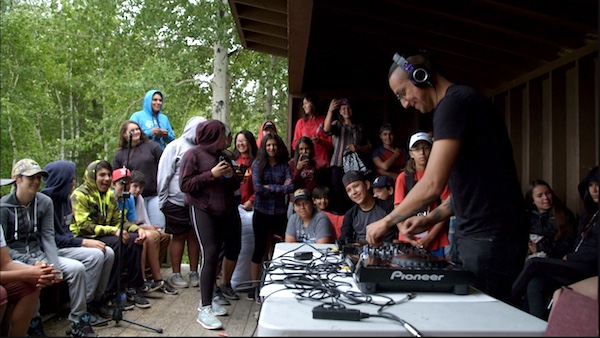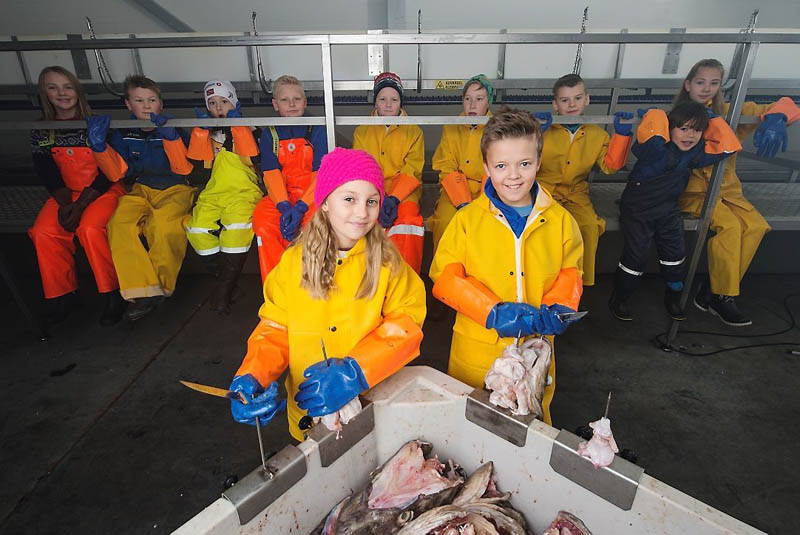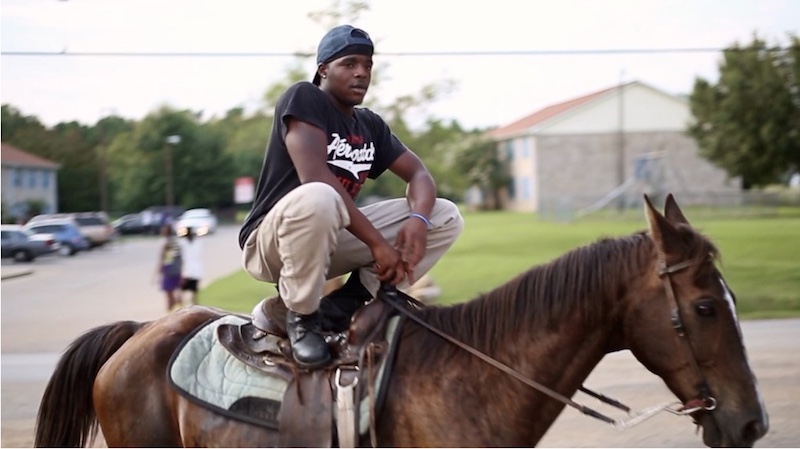
RIDM documentary film festival has announced an additional screening of Hale County This Morning, This Evening by RaMell Ross.
The film just won the festival’s Grand Prize for best international feature. It will be shown Sunday, Nov. 18 at 9 p.m. at the Cinémathèque Québécoise
Here is the film’s synopsis from the RIDM web site: “This first documentary feature by photographer RaMell Ross radically redefines the on-screen representation of African Americans. Filmed over nearly five years in a small Alabama town, Hale County This Morning, This Evening rejects documentary conventions in favour of a sensory, lyrical approach centred on capturing moments of everyday life. Alternating between the mundane and the sublime, the sociological and the metaphysical, Hale County takes us to the heart of a community without ever squeezing it into a utilitarian grand narrative. While some of the protagonists break away, they are just one element of the sensitive reality conveyed by the filmmaker through bold editing reminiscent of poetic writing. (BD)”
Here is a quote from by Bilge Ebiri in the Village Voice: “It’s not every day that you witness a new cinematic language being born, but watching RaMell Ross’s evocatively titled documentary Hale County, This Morning, This Evening qualifies. The director, a photographer and teacher who was coaching basketball in the middle of the Black Belt region of the American South, knew the subjects of his documentary for several years before deciding to create a film around them. The finished work, a half decade in the making, is informed by his deep familiarity with its characters, which might be one reason why he has the confidence to abandon traditional narrative structures and strike out on his own lyrical path.”
“By sticking to his impressionistic perspective, by fracturing his narrative, Ross achieves something genuinely poetic — a film whose very lightness is the key to its depth. Hale County traverses years, encompasses tragedy and beauty, all in just 78 minutes. His is an empathetic camera, focusing on the kinds of details that pull us into this world, with a photographer’s eye for taking everyday moments and finding transcendence in them.”
Kenneth Turan, Los Angeles Times: ‘It wasn’t just anywhere in Alabama that the filmmaker had moved to. Hale County, at one point largely white, was where photographer Walker Evans and writer James Agee went in the 1930s to do the work that became the legendary collaboration “Let Us Now Praise Famous Men.”
“. . .Though words can describe what “Hale County” shows, they really can’t convey how involving this visual symphony is. As much as anything else, the film is a tribute to the mystical power of the moving image, and to Ross’ keen and empathetic eye.”
Hale County, This Morning, This Evening has 22 reviews on Rotten Tomatoes. Only one review is negative – the critic thinks that there are too many basketball scenes and not enough women in the film. Check out those reviews to see if Hale County, This Morning, This Evening is for you!
This article by Salamishah Tilleton, on the photography web site Aperture, discusses the film and includes many photos by director RaMell Ross.
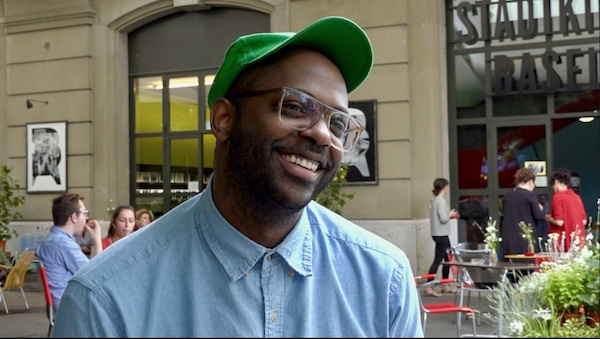
Photo of RaMell Ross borrowed from Swiss web site Film Explorer.
Hale County This Morning, This Evening
Country : United States
Year : 2018
V.O : English
Duration : 76 minutes
Cinematography : RaMell Ross
Editing : RaMell Ross
Production : Ramell Ross, Joslyn Barnes, Su Kim
Sound Design : Dan Timmons, Tony Volante
Presented In Collaboration With The Montreal International Black Film Festival
Sunday, Nov. 18 at 9 p.m. in the Salle Canal D of the Cinémathèque Québécoise, 335, de Maisonneuve E. Montréal, Québec,
H2X 1K1
<p><a href=”https://vimeo.com/285919537″>Hale County This Morning, This Evening (Trailer)</a> from <a href=”https://vimeo.com/cinemaguild”>Cinema Guild</a> on <a href=”https://vimeo.com”>Vimeo</a>.</p>


